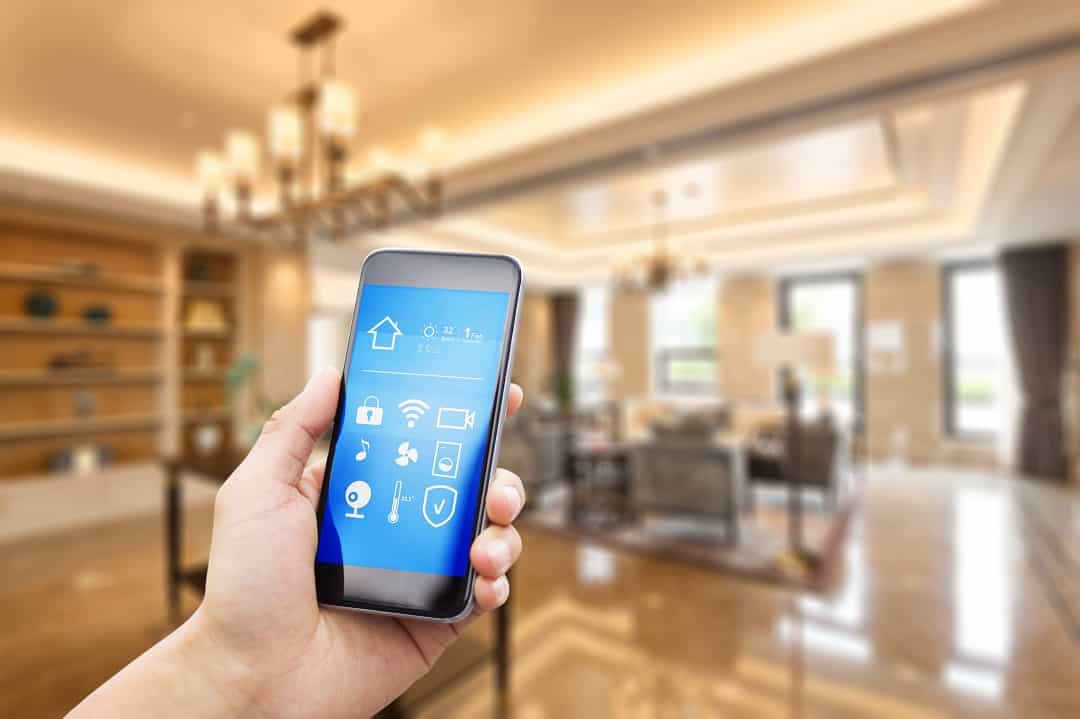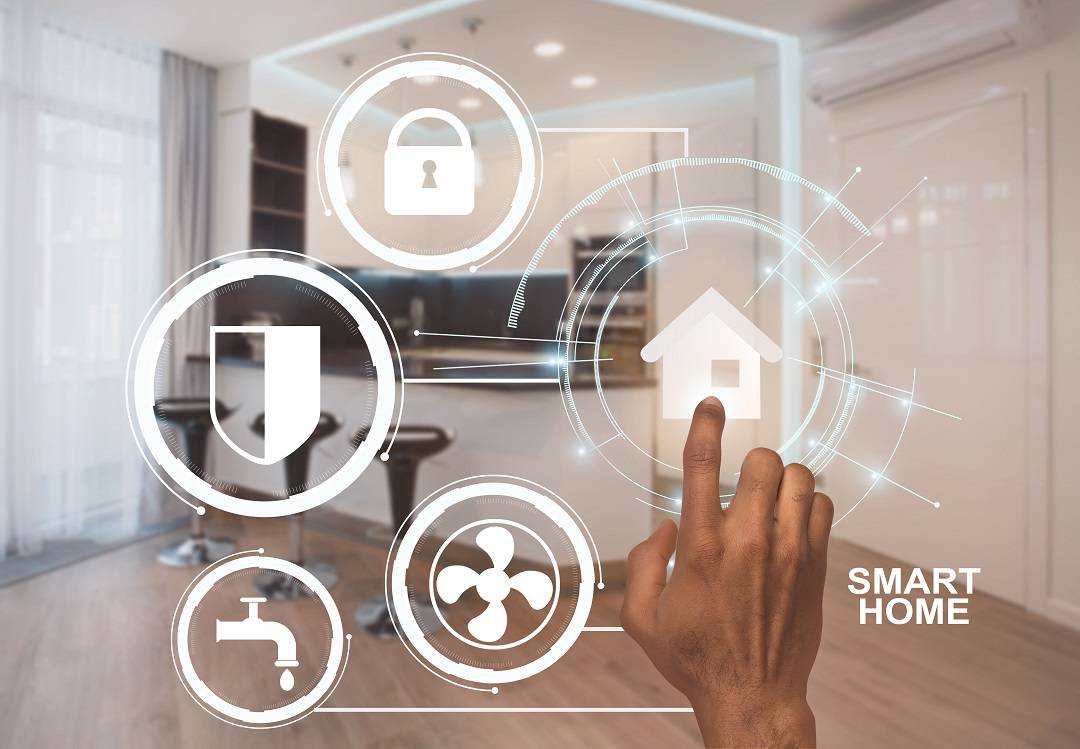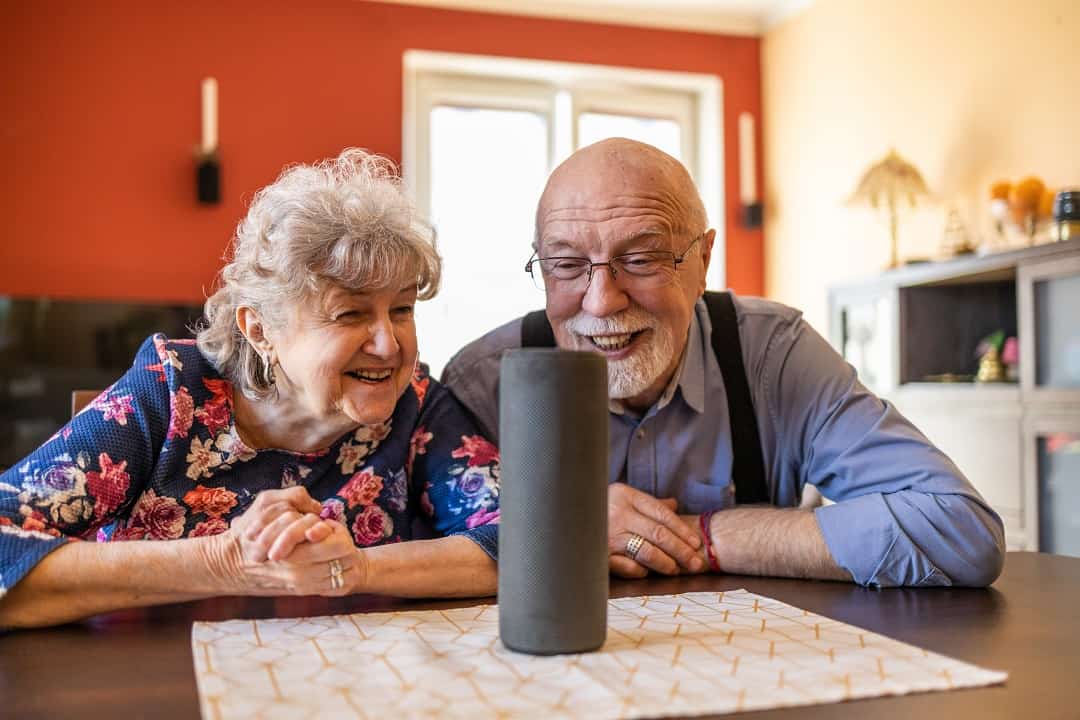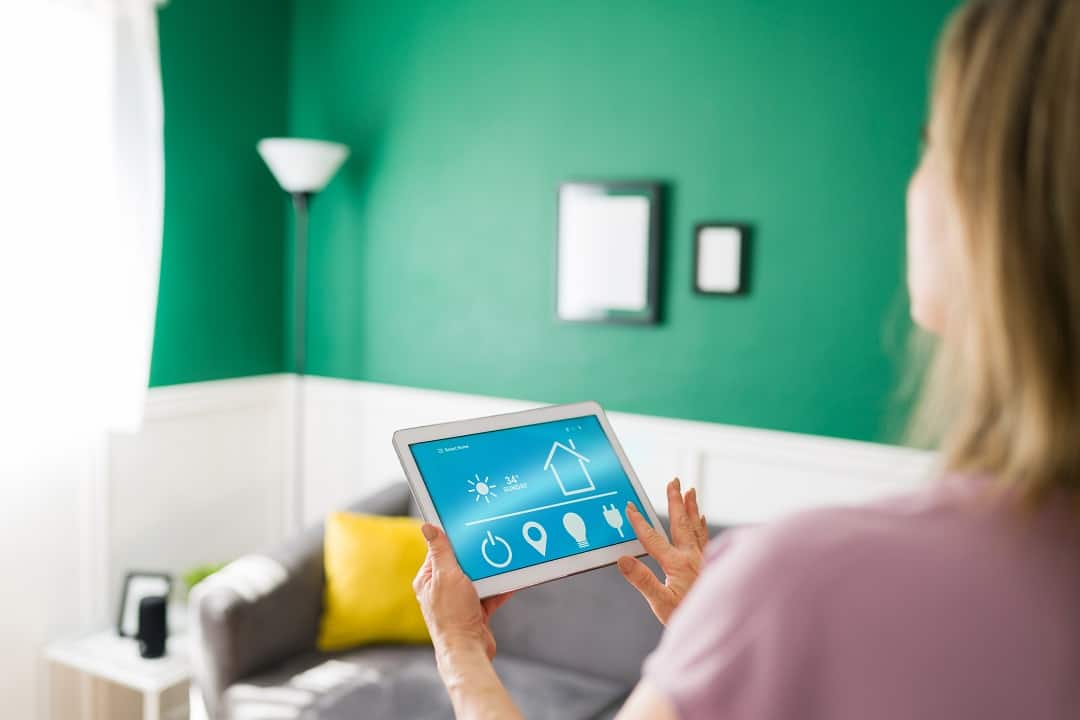As technology advances, so does our lifestyle. From controlling our lights with a simple voice command to remotely monitoring our security cameras, smart homes have undoubtedly made our lives more convenient. However, with these advancements come potential security risks that we cannot afford to ignore. In this post, we’ll explore smart home security concerns, valuable insights and practical tips to safeguard your home and loved ones. Whether you’re already a smart home enthusiast or considering joining the trend, this is a must-read to ensure the safety and privacy of your connected devices. Let’s jump right in and explore the world of smart home security together!
Security Concerns with Smart Homes
Smart homes provide convenience and efficiency, but they also come with their fair share of security concerns. One major vulnerability lies in the Wi-Fi networks that connect all the devices in your smart home. Hackers can exploit weak passwords and outdated security protocols to access and control your smart devices.
Another significant concern is privacy risks associated with smart devices. These devices collect and store a vast amount of personal data, including your daily routines, preferences, and even sensitive information. If this data falls into the wrong hands, it can lead to identity theft or invasive surveillance.
Strong Passwords and Two-Factor Authentication
When it comes to securing your smart home, one of the first and most important steps you can take is implementing strong passwords and enabling two-factor authentication. This means using a password that is unique, complex, and not easily guessable. Avoid common passwords like “123456” or “password” and instead opt for a combination of letters, numbers, and special characters.
Two-factor authentication adds an extra layer of security by requiring you to provide a second form of verification, such as a code sent to your smartphone, in addition to your password. This ensures that even if someone manages to guess or steal your password, they still won’t be able to access your smart home devices without the additional verification.
Regular Firmware Updates and Patches
Another essential aspect of maintaining a secure smart home is regularly updating your devices’ firmware and applying patches as soon as they become available. Firmware updates often include security enhancements that address vulnerabilities and fix any bugs or weaknesses that could be exploited by hackers.
Check the manufacturer’s website or the app associated with your smart home devices for any available updates. It’s crucial to stay on top of these updates and apply them promptly to ensure that your devices are protected against the latest security threats. Some devices even allow you to enable automatic updates, which can simplify the process and ensure that you never miss an important security patch.
Keeping your Data Private
One of the major risks with smart homes is data leakage. Imagine hackers accessing your baby camera remotely, among other invasions of privacy. Using strong passwords and multi-factor authentication as well as keeping your devices up to date will mitigate some of this risk, but not all of it.
Unfortunately, any time that you open a hole to the internet you run the risk of attack. Even simple wifi powered light switches or outlets can be breached if they are exposed to the internet. One additional way to mitigate this risk is to make sure that you are always buying your devices from reputable dealers and to check out device reviews. Go with the name brands that you know instead of the cheap knock off device. Your privacy is worth the extra money.
Another great way to protect your Wifi enabled smart devices is to use a guest network.
If you really want to avoid all risk, some devices are able to be locally controlled only via something like Home Assistant. This is a great choice for a more tech savvy and security minded person.
FAQ
How secure are smart home devices from hacking and unauthorized access?
While no system is completely foolproof, smart home device manufacturers are constantly working to enhance the security features of smart home devices. Most reputable brands use encryption protocols and secure authentication methods to protect data transmission and prevent unauthorized access. Additionally, many devices offer regular software updates to address any vulnerabilities that may arise. However, it’s important for users to take proactive steps as well, such as using strong, unique passwords and regularly updating their devices’ firmware. By staying informed and following best practices, users can greatly reduce the risk of hacking and unauthorized access to their smart home devices.
Can smart home devices be easily hacked?
Smart home devices can be vulnerable to hacking, but it’s important to note that the risk can be significantly minimized with proper security measures. Manufacturers are continuously working to improve the security of their devices. It’s crucial to choose reputable brands that prioritize security and provide regular firmware updates. Additionally, taking simple precautions like using strong, unique passwords, enabling two-factor authentication, and regularly updating the software and firmware can greatly enhance the security of your smart home. By staying informed about potential vulnerabilities and being proactive in implementing security measures, you can enjoy the convenience and benefits of smart home technology with peace of mind.
What additional measures can I take to secure my smart home?
In addition to keeping your smart home devices up to date and using secure passwords, it is also essential to secure your home network by using a strong Wi-Fi password and enabling network encryption. Just like the rest of your smart devices, you should also keep your router up to date with the latest software releases. By following these measures, you can significantly enhance the security of your smart home.
Are there any risks of personal data being compromised with smart home devices?
Yes, there are potential risks of personal data being compromised with smart home devices. Just like any other connected device, smart home devices can be vulnerable to hacking or unauthorized access. However, it’s important to note that many of the reputable manufacturers have implemented security measures to protect user data. For instance, they use encryption protocols to secure the transmission of data between devices and the cloud.
Can hackers gain control of my smart home devices remotely?
Yes, hackers can potentially gain control of smart home devices remotely. This is why it is crucial to take proper security measures to safeguard your smart home. One way to enhance security is to ensure that all your devices are regularly updated with the latest software patches and firmware updates. Additionally, make sure to use strong and unique passwords for each device. It’s also recommended to secure your Wi-Fi network with a strong password and enable encryption. By following these security practices, you can significantly reduce the risk of hackers gaining control of your smart home devices remotely.
Are there any risks of someone spying on me through smart home cameras or microphones?
Yes, there are potential risks of someone spying on you through smart home cameras or microphones. While smart home technology offers convenience and control, it also raises concerns about privacy and security. To mitigate these risks, it is crucial to choose reputable brands with robust security measures in place. Look for cameras and devices that offer end-to-end encryption and two-factor authentication. Regularly update firmware and passwords to ensure the highest level of protection. Additionally, it is advisable to review and understand the privacy policies of the devices you use, and consider disabling or covering cameras and microphones when not in use for added peace of mind.
Are there any known cases of smart home security breaches?
Yes, there have been known cases of smart home security breaches. While smart home technology offers convenience and control, it is not immune to potential security risks. In recent years, there have been reports of hackers gaining unauthorized access to smart home devices, such as cameras, thermostats, and door locks. These breaches have raised concerns about privacy and the potential for malicious activities. It is important to note that most of these cases were a result of weak passwords, outdated firmware, or vulnerabilities in the devices themselves. However, manufacturers and cybersecurity experts are constantly working to improve security measures and provide regular updates to protect against such breaches. To minimize the risk, it is crucial to follow best practices like using strong and unique passwords, keeping firmware up to date, and being cautious when sharing access to your smart home devices.
How can I stay updated on the latest security threats and vulnerabilities in smart home devices?
To stay updated on the latest security threats and vulnerabilities in smart home devices, there are a few key steps you can take. Firstly, it’s crucial to regularly check for software updates and security patches for all your smart devices. Manufacturers often release these updates to address any identified vulnerabilities. Additionally, consider subscribing to newsletters or following reputable technology blogs that focus on smart home security. These sources often provide timely information on emerging threats and offer valuable tips on how to protect your devices. Lastly, consider joining online forums or communities dedicated to smart home technology. These platforms can be a great source of information and allow you to connect with other smart home enthusiasts who can share their experiences and knowledge about security concerns. By staying proactive and well-informed, you can minimize the risks associated with smart home security.
In Summary
Thank you for taking the time to read about security concerns for smart homes. I hope that you found the information provided to be valuable and insightful. As technology continues to advance, it is crucial for us to be aware of the potential security risks that come with smart home devices. By understanding these concerns, we can take the necessary precautions to protect our homes and loved ones.




